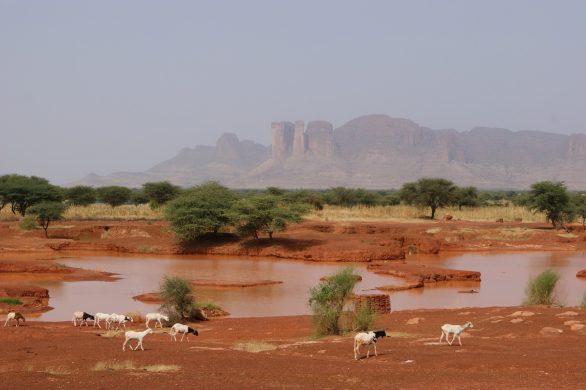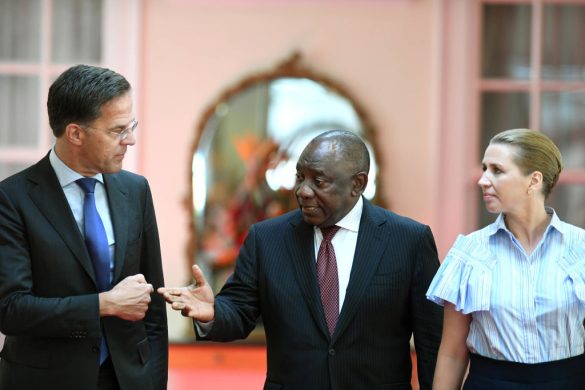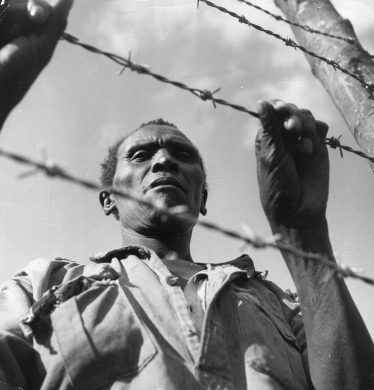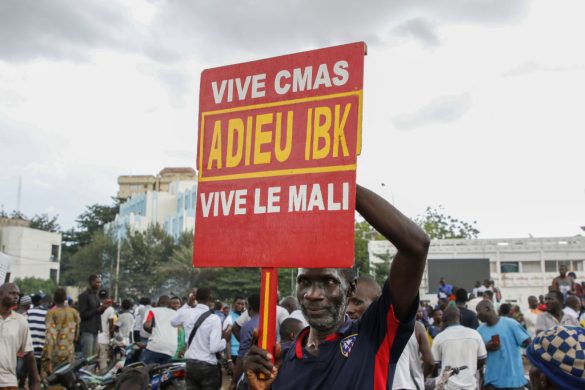Klimaforandringer og økologiske ændringer skaber ustabilitet i Vestafrika og Sahel, og der er behov for at forberede håndtering af denne risiko.
Således lyder det i ny erklæring fra FN’s SIkkerhedsråd.
Det fremgår af et oplæg på hjemmesiden for The Center for Climate and Security, en tænketank med base i Washington, som beskæftiger sig med klima og miljø som sikkerhedstrusler.
On January 30, the UN Security Council (UNSC) took another step forward in substantively addressing the security implications of climate change.
The Presidential Statement, which builds on a series of recent actions by the UNSC (including a resolution last April on climate and security in the Lake Chad region and an Arria Dialogue in December on climate and security that featured the Center for Climate and Security’s Responsibility to Prepare framework) addresses the intersection of climate change and stability across West Africa and the Sahel – a wide swathe of the African continent that includes 26 countries.
While the UNSC has been debating and issuing statements on climate change and security since 2001, and issued its first Presidential Statement on the matter in 2011, this January 2018 statement is a significant step due to its specificity of geography (West Africa and the Sahel) and substance (calling for “risk assessment and risk management strategies”), as well as its scale, covering far more countries than last year’s Lake Chad resolution.
The statement also reflects a growing acceptance, at the international level, of the role of climate change as a contributor to instability.
As the observable impacts of climate change have increased since the early discussions on climate and security at the UNSC in 2007, and as understanding of the the linkage between climate change, state fragility and conflict has grown (particularly for arid and semi-arid regions), arguments for why the UNSC should not address the problem have diminished in strength.
To read the full statement, click here.
Below are the two excerpts from the statement specifically addressing climate change:
The Security Council recognises the adverse effects of climate change and ecological changes among other factors on the stability of West Africa and the Sahel region, including through drought, desertification, land degradation and food insecurity, and emphasizes the need for adequate risk assessments and risk management strategies by governments and the United Nations relating to these factors.
And:
The Security Council expresses concern over the overall humanitarian situation in the region, characterized by the impact of armed conflict and terrorism, extreme poverty, food insecurity, forced displacement, adverse effects of climate change and epidemics, which contribute to the high levels of structural, chronic and acute vulnerability in the region and continue to affect populations, and call for significant humanitarian and development action.















